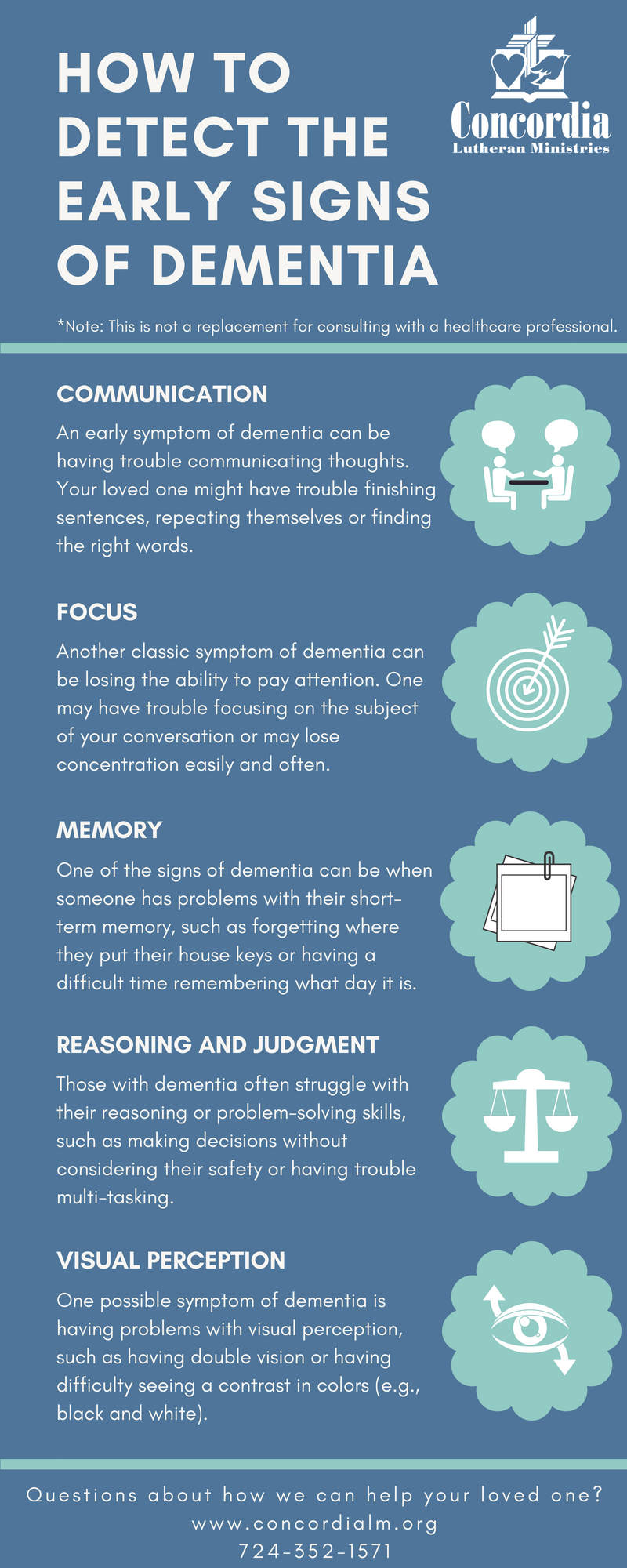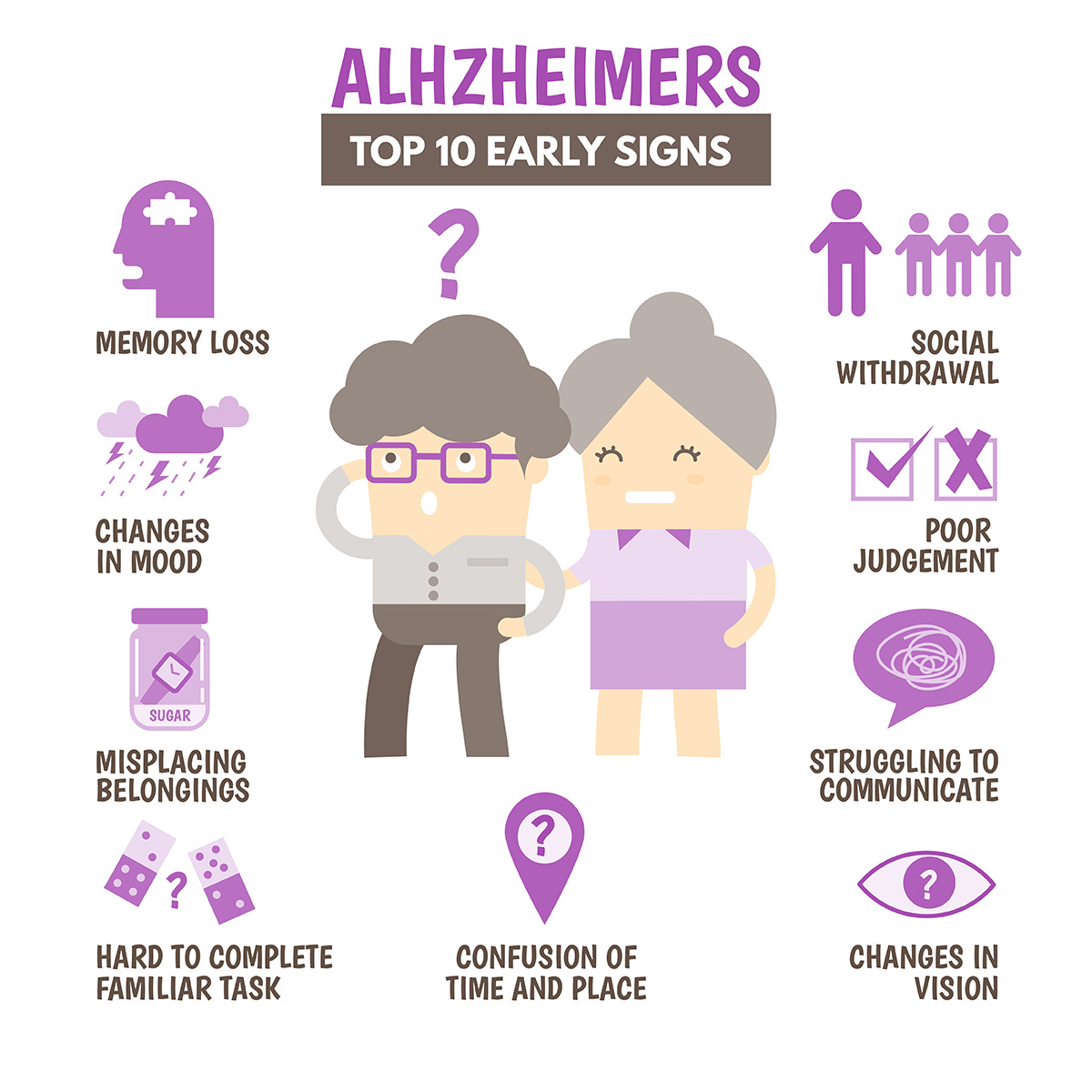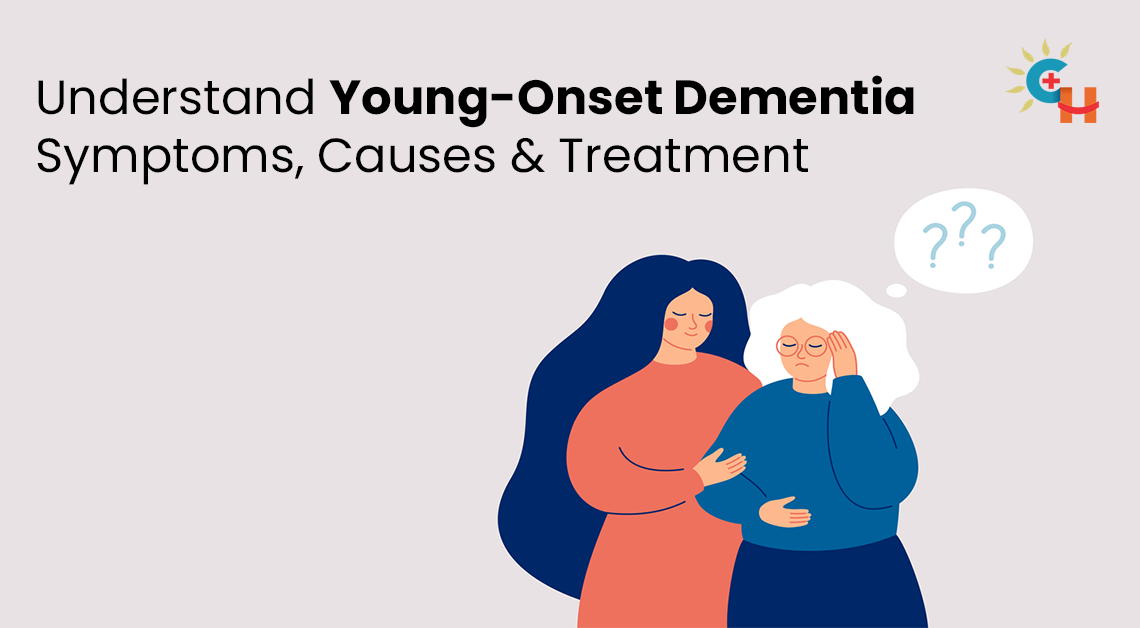The Value of Very Early Detection and Medical Diagnosis in Mental Deterioration Situations
When it comes to dementia, acknowledging the indications early can make a significant difference. Recognizing the subtleties of mental deterioration can help you recognize symptoms earlier.
Understanding Mental Deterioration: Signs And Symptoms and types

Usual signs include memory loss, trouble with interaction, and modifications in mood or habits. You may discover a person fighting with acquainted tasks or becoming perplexed about time and location. Do not think twice to look for aid if you see these signs in yourself or a liked one. Early recognition of mental deterioration symptoms can greatly improve the total monitoring of the condition, making it essential to stay notified. When essential., recognizing these distinctions encourages you to act quickly and properly.
The Effect of Very Early Diagnosis on Therapy Choices
Acknowledging the signs of dementia early on can markedly affect the treatment choices offered. When you look for a diagnosis quickly, you open the door to a range of therapies that can slow down the disease's progression.
Furthermore, early diagnosis permits you to check out non-pharmaceutical strategies, such as cognitive therapies and way of life adjustments, that can improve cognitive function. You'll have the opportunity to create a personalized treatment strategy that resolves your certain needs and choices. This proactive technique not just empowers you yet also aids in taking care of potential existing together problems. Bear in mind, the earlier you act, the a lot more alternatives you'll need to preserve your high quality of life and freedom for as long as feasible.
Exactly How Very Early Discovery Can Improve Lifestyle
Very early detection of mental deterioration not only opens treatment choices however likewise greatly enhances your lifestyle. When you determine signs and symptoms early, you can start to handle them efficiently, enabling you to preserve a feeling of self-reliance and control over your everyday tasks. Early medical diagnosis implies you can access therapies and way of living modifications tailored to your demands, helping you handle challenges in a more structured method.
Additionally, understanding your problem equips you to make enlightened choices regarding your future. You can prepare for the changes in advance, making sure that your personal objectives and preferences are focused on. This proactive strategy promotes a sense of security, reducing anxiety for both you and your enjoyed ones.
In addition, involving in very early treatments might enhance your cognitive function and psychological well-being, permitting you to delight in meaningful connections and experiences. Basically, early discovery isn't nearly taking care of signs; it has to do with enriching your life.
The Duty of Family and Caregivers in Very Early Identification

By sharing your issues, you aid initiate very early assessments, which can bring about timely medical diagnosis and intervention. In addition, your support can urge enjoyed ones to seek assistance, decreasing preconception and anxiety connected with dementia.
Furthermore, preserving open lines of communication within the family members cultivates an encouraging atmosphere. Early Onset Dementia. Your aggressive participation not only aids in recognizing the issue yet also aids in intending for future care, ensuring that your loved one gets the most effective feasible support as their demands develop
Usual Misconceptions Regarding Mental Deterioration
Household participants and caretakers usually face difficulties not simply in recognizing indicators of dementia but additionally in going across the misconceptions bordering the condition. One usual mistaken belief is that dementia just influences the elderly. While age is a considerable danger element, younger people can additionally create mental deterioration. One more myth is that mental deterioration is a regular component of aging. It's essential to recognize that while memory loss can accompany age, it's not an unpreventable end result. Some people believe mental deterioration just affects memory, however it can likewise impact actions, thinking, and mood. Additionally, many assume that once detected, nothing can be done. In reality, very early intervention can bring about much better management of signs and symptoms. Some think that all types of mental deterioration are the very same. Each type, such as Alzheimer's or vascular mental deterioration, has special attributes and needs various methods to care. Comprehending these mistaken beliefs is important for reliable assistance.
Devices and Evaluations for Early Discovery
When it comes to early detection of dementia, comprehending cognitive analyses and testing tools is crucial. These tools can help you identify prospective problems before they intensify. By acquainting on your own with these assessments, you can play an active function in keeping an eye on cognitive wellness.
Cognitive Assessments Summary
Cognitive analyses play an important duty in the early discovery of mental deterioration, as they assist determine subtle modifications in memory, believing, and reasoning skills. These assessments frequently include a collection of standardized examinations that review various cognitive features. By participating in these evaluations, you can acquire important insights into your cognitive health and wellness. Common assessments could entail tasks connected to interest, language, problem-solving, and recall. They're usually carried out by health care experts trained to analyze the outcomes accurately. Early identification via these devices can cause timely treatments, boosting outcomes and quality of life. Looking for out these assessments can be an aggressive step toward understanding and handling your brain health properly. if you discover any cognitive changes.
Evaluating Tools Usage
Using effective screening devices is essential for the very early discovery of dementia, as they provide an organized technique to reviewing cognitive health and wellness. Usual analyses, like the Mini-Mental State Exam (MMSE) or the Montreal Cognitive Evaluation (MoCA), assistance pinpoint memory deficiencies and other cognitive impairments. Bear in mind, very early detection can greatly impact therapy choices and quality of life, so do not undervalue the power of proactive testing.
Steps to Take After a Diagnosis: Preparation for the Future
After receiving a mental deterioration diagnosis, it's necessary to start intending for the future. You'll intend to establish treatment plans that suit your demands while likewise resolving economic and lawful prep work. Taking these actions early can help assure you and your enjoyed ones feel much more secure moving on.
Developing Treatment Plans

Legal and Financial Prep work
As you navigate your care strategy, it is essential to ponder the legal and financial elements of coping with mental deterioration. If you're not able to do so, Begin by assigning a power of lawyer to manage your economic choices. This assures your dreams are valued and can ease the concern on your loved ones. Next, take into consideration developing a living will certainly to describe your healthcare preferences. Review your insurance plan and understand what's covered, specifically lasting care options. It's also a good idea to speak with an economic planner acquainted with dementia-related problems. They can help you handle your assets and strategy for future expenditures. Taking these aggressive steps can give tranquility of mind and assure your demands are satisfied as your problem proceeds.
Frequently Asked Inquiries
What Are the Danger Variables for Creating Mental Deterioration?
You could face greater dangers for creating dementia if you have a family members history, cardiovascular problems, diabetes, smoking cigarettes practices, or reduced education and learning degrees. Staying energetic emotionally and physically can help in reducing these threats considerably.
Can Way Of Life Changes Delay or prevent Dementia?
Yes, making way of life changes can help prevent original site or delay mental deterioration. By remaining energetic, consuming a balanced diet regimen, engaging in social activities, and testing your brain, you're enhancing your cognitive wellness and lowering threat aspects.
How Does Mental Deterioration Differ From Normal Aging?
Mental deterioration involves cognitive decrease that hinders every day life, while normal aging commonly doesn't (Vascular Dementia). You may notice memory gaps as you age, but dementia symptoms, like confusion and trouble with communication, are a lot more serious and disruptive
Are There Any Kind Of Support System for Mental Deterioration Caregivers?
Yes, there are support system for dementia caretakers. You can find local or on-line teams with companies like the Alzheimer's Organization. Getting in touch with others in comparable situations can provide important emotional assistance and functional advice.
What Legal Papers Should I Prepare After a Mental Deterioration Medical Diagnosis?
After a mental deterioration medical diagnosis, you need to prepare important lawful documents like a power of lawyer, medical care proxy, and living will. These aid guarantee your desires are appreciated and give advice for future medical and monetary choices.
The Relevance of Very Early Detection and Medical Diagnosis in Mental Deterioration Cases
Alzheimer's disease is the most common form, however you'll also run into vascular mental deterioration, Lewy body dementia, and frontotemporal dementia.When it comes to very early detection of dementia, understanding cognitive assessments and testing devices is crucial.Cognitive assessments play Clicking Here an important function in the very early detection of mental deterioration, as they assist determine subtle modifications in memory, believing, and reasoning abilities.Utilizing reliable screening devices is necessary for the very early discovery of dementia, as they supply a structured approach to reviewing cognitive health and wellness.
Comments on “Living Well After an Early Onset Dementia Diagnosis”